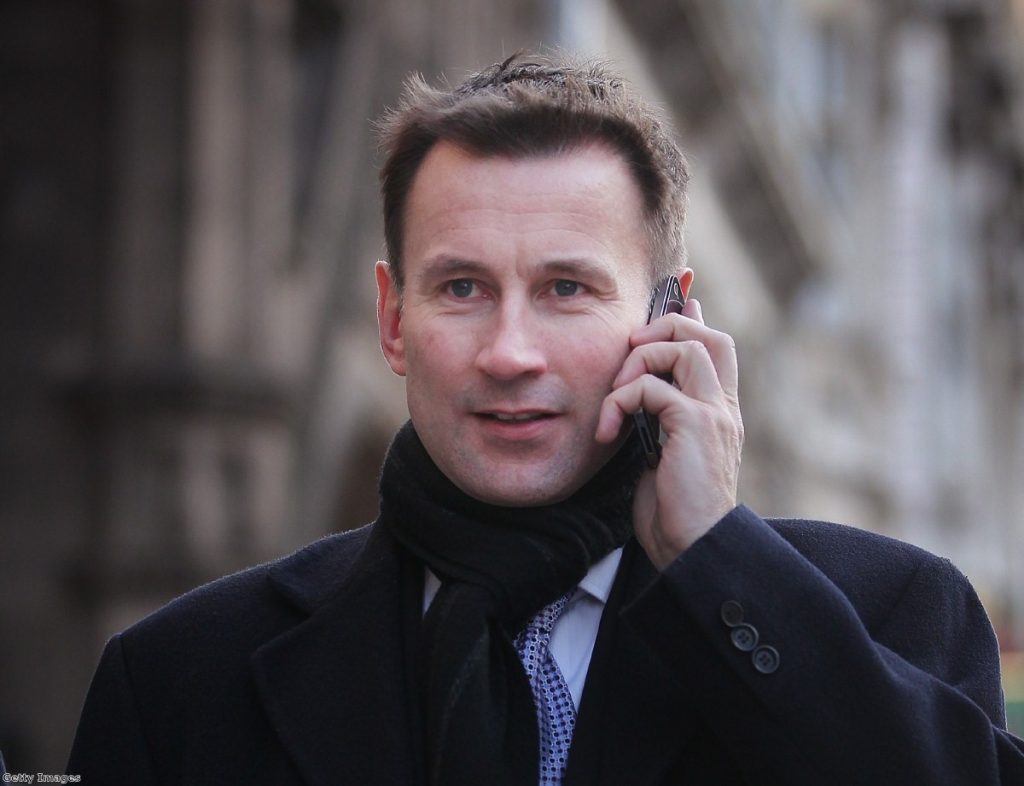PM defends BSkyB Hunt decision in Leveson grilling
Jeremy Hunt would not have been given responsibility for adjudicating on the BSkyB takeover bid if David Cameron had been told he could not do the job, the prime minister has told the Leveson inquiry.
Mr Cameron was on the defensive once again this afternoon after enduring a bruising morning session in which he explained the close nature of his relationship with media figures including News International's Rebekah Brooks.
The prime minister's decision to transfer the quasi-judicial decision from Vince Cable to Mr Hunt, which followed the December 2010 crisis in which the business secretary was caught saying he was "waging war" on Rupert Murdoch, faced intensive scrutiny in court room 73.
"I was a prime minister in search of a solution, and this seemed to be a relatively neat and straightforward solution," Mr Cameron said.


"We did consider the issues surrounding it."
He accepted the decision had been controversial but denied that it had been rushed, as inquiry counsel Robert Jay had suggested, despite spending just two hours on it.
"If anyone had told me that Jeremy Hunt couldn't do the job," Mr Cameron added, "I wouldn't have given him the job."
Mr Hunt's special adviser Adam Smith was forced to resign after it emerged he had had inappropriate contacts with News International's chief lobbyist, Frederic Michel.
Mr Cameron, who himself served as a special adviser in the early 1990s, said he would introduce more training for those in the role.
He also hinted that ministerial quasi-judicial duties could be removed, stating: "There may be a case for taking politicians out of this decision-making altogether."
The afternoon session at the Leveson inquiry saw the prime minister repeatedly underline the need to ensure the reformed system of media regulation which eventually emerges helps families caught up in media "maelstroms" like the Dowlers and McCanns.
"We've got to bear in mind who we're doing this for," the prime minister said. "If families like the Dowlers feel this will change the way they've been treated we will have done our job properly."
He offered a shopping list of attributes which the reformed media regulation system should possess. It has to be independent and have public confidence, be compulsory for newspapers, have "real teeth" and be able to stop scandals, Mr Cameron said.
"I'm sorry to have given you this hot potato, but I think that's the test," the prime minister added.
Lord Justice Leveson replied: "I don't think you sound sorry about that at all."

